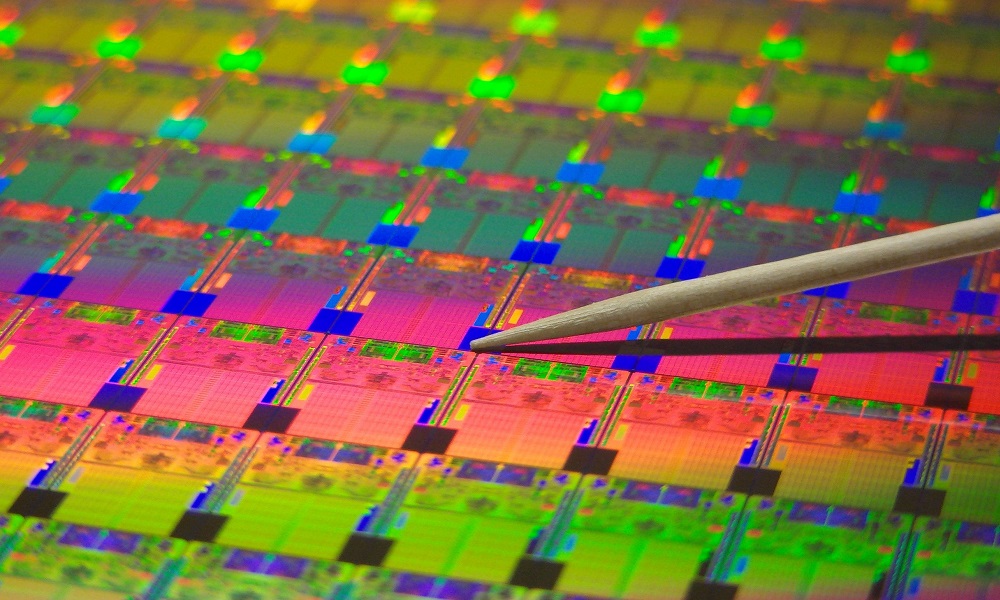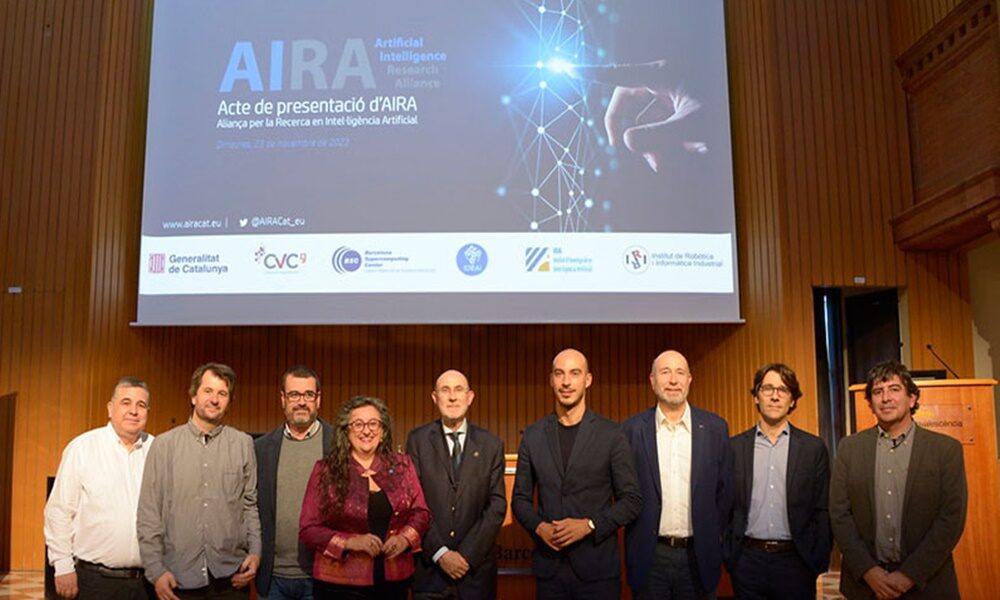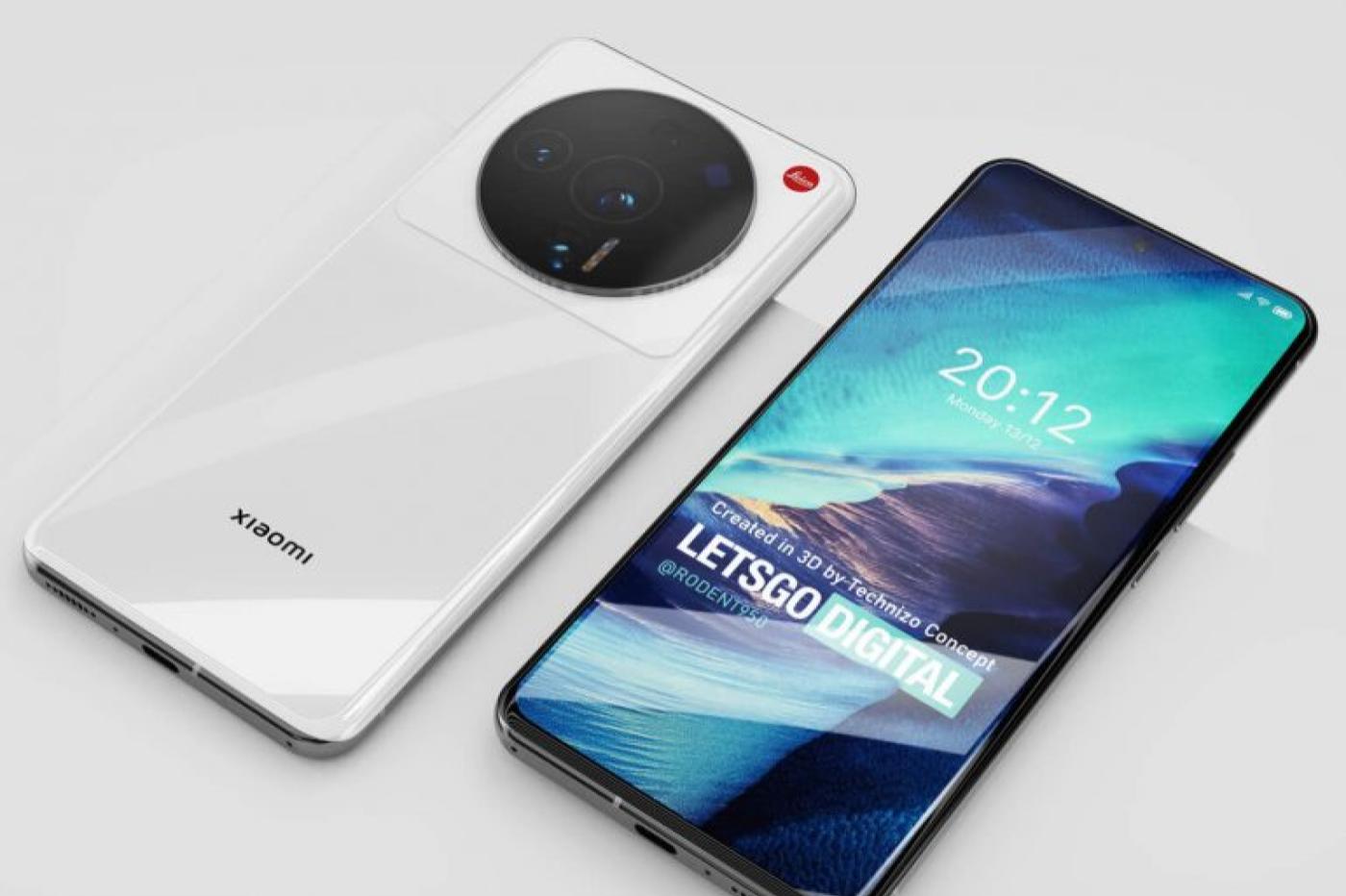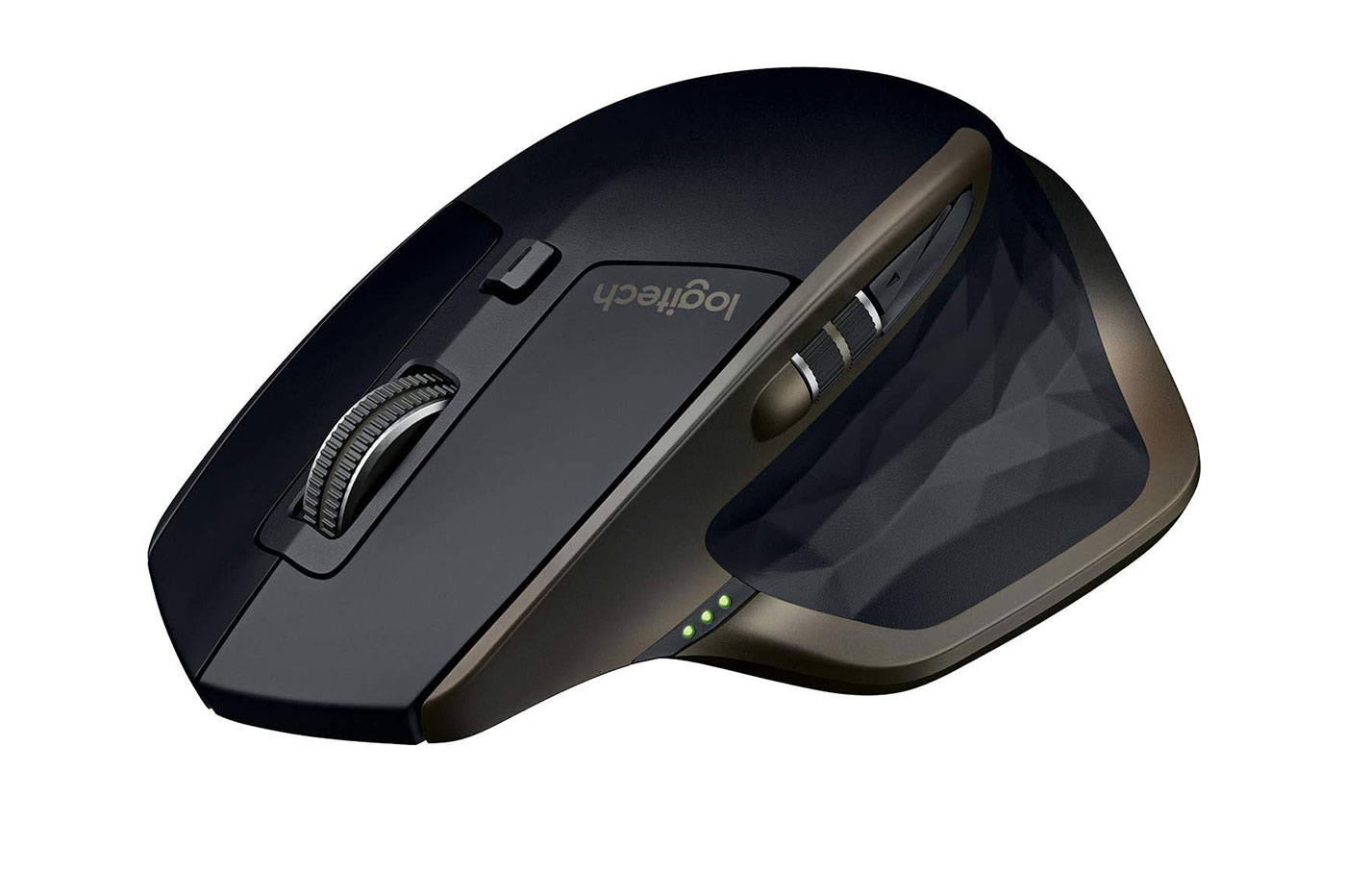
Artificial intelligence, also known as AI by its acronym in Spanish, has shown enormous potential, but did you know that it is also capable of designing chips? Well, it is, and according to NVIDIA can do better than a team of ten peoplewith a minimum learning time and in just a few days, while that human team would take a year.
I know what you are thinking, that for that to be possible we need to have an impressive, high performance and very expensive hardware configuration. Well no, at least according to the green giant, who has explained that this AI can design chips better, and faster, than human beings only with the support of two GPUs, which they will carry out 92% of the total work.
Bill Dally, Chief Scientist and Senior Vice President of Research at NVIDIA, has confirmed that the company has already begun designing chips using an automated standard cell layout generator called NVCell. This is supported by that artificial intelligence system to which we have referred, and it is not only capable of designing its own chips faster than a group of ten humans, but also is able to review and find faults on chips designed by humans.
I know what you’re thinking, and what about the remaining 8% of work? Well, Dally himself gives us the answer, that job gets ahead because of the human team, which is responsible for completing the cells that have not been generated automatically. In most cases the result is very positive, leading to an improved design with reduced human (labor) cost. Thanks to the support of AI, the quality of chip design is improved, and costs are also reduced, which implies greater efficiency.
Chip design is a very complex subject, but it is clear that AI can be of great help. Just a month ago we already saw that Google had also been able to see the potential that artificial intelligence had in this regard, since the Mountain View giant hhad succeeded in designing smaller chips using deep learning. There is no doubt that the present of humanity, and its future, will continue to be deeply linked to artificial intelligence.



